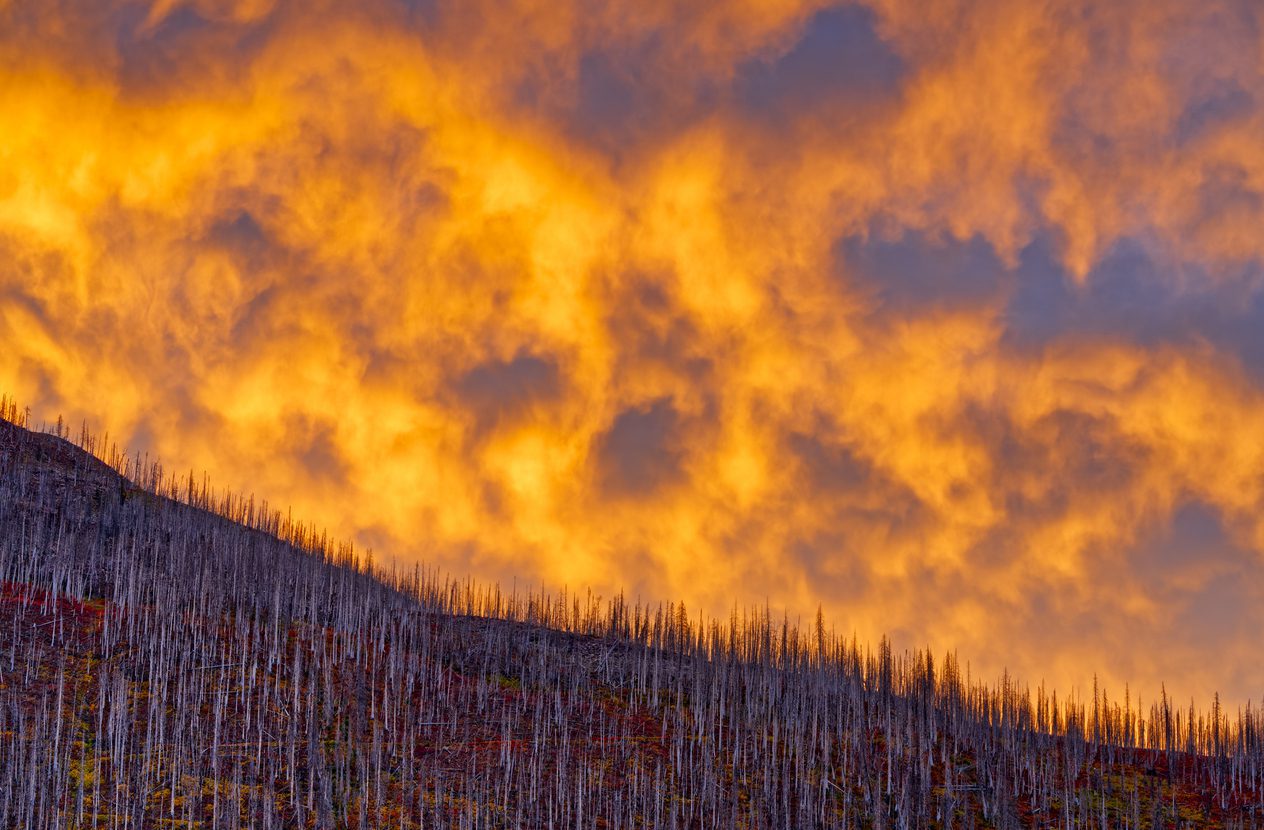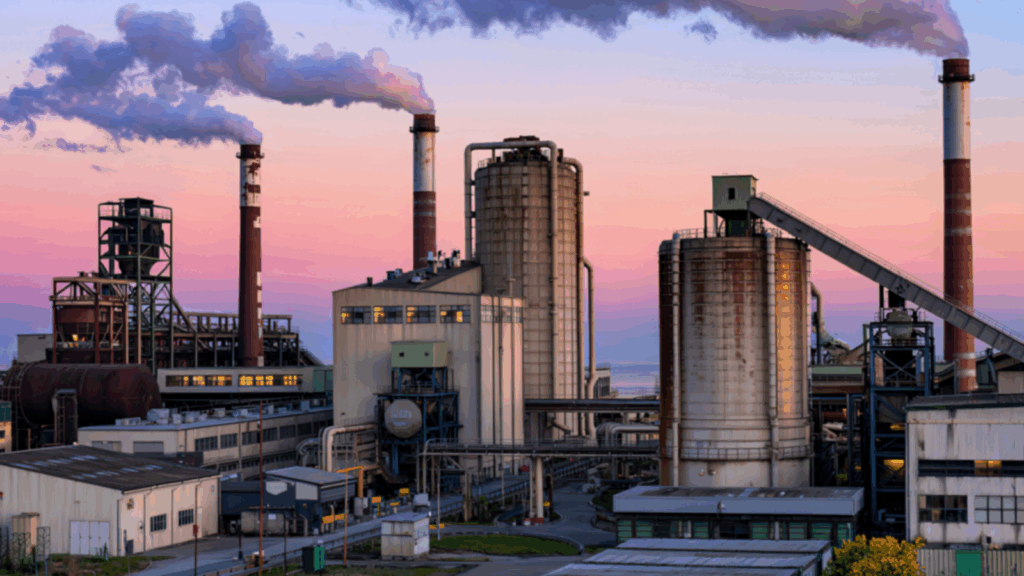Canada is on fire, once again. This should not be normal. As I write this, 33,000 people have been evacuated in Western Canada and the Northwest Territories so far. The air quality is so poor in Toronto that residents are being advised to limit outdoor activities, though we are thousands of kilometers away from the fires.
Climate change is at fault here. Climate attribution scientists tell us that the early season heatwave that set the scene for these fires was made 5 times more likely due to climate change.
And yet our national conversation is dominated by talk of pipelines, and reports are coming in that the government is contemplating walking away from key climate policies like the oil and gas emissions cap. Oil and gas production is the largest source of emissions in Canada, and fossil fuels are the root cause of climate change.
Canada’s new government is understandably focused on defending against U.S. President Trump’s threats of annexation and economic warfare. This is a real issue. But we cannot jettison our climate commitments in an attempt to build “Canada strong.”
Prime Minister Carney knows this. He rang the alarm about the threat of the carbon bubble over a decade ago. He was the UN Special Envoy on Climate and Finance. He knows that climate change is one of the biggest threats to the global economy. And he knows that people have already died as a result of climate change in Canada and more will die. Action is needed.
Today, the “Building Canada Act” was tabled in the House of Commons. Some people believe Canada isn’t building things quickly enough — and their solution is to weaken environmental regulations and ignore Indigenous consultations to push more oil to export markets. That idea is ridiculous and deplorable.
Another pipeline doesn’t make economic sense. One cannot be built on a timeline that would have any impact on our economy during Trump’s reign of chaos. And in the long term, there’s no market for more Canadian oil. Demand is drying up.
Plus, another pipeline cannot be reconciled with Canada’s climate commitments, even if carbon capture actually comes on line, which is highly doubtful. We’ll unpack these ideas in more detail in the coming weeks.
Importantly, Canada cannot abrogate the duty to consult First Nations. It cannot ignore the principles of the United Nations Declaration on the Rights of Indigenous Peoples. Doing so is not just unconstitutional—it’s morally bankrupt. The Crown needs to move reconciliation forward, not backward. There is no other way.
We can build great things that boost our economy, fight climate change and advance reconciliation. There are a lot of ideas out there and a lot of critical projects that need to be built.
We can begin with fast-tracking the basics like clean water, quality housing, modern schools, all-season roads and community infrastructure for Indigenous communities across Canada.
We can build a national, clean electricity grid. We can build high-speed rail in Ontario and Quebec and connect major centres like Calgary and Edmonton. We can build millions of green, energy-efficient and affordable homes.
These are projects that help people in Canada. This is what nation building should look like.
It’s time for us to put climate back on the agenda and to take over this conversation about nation building. We need to get Canada back on track.









